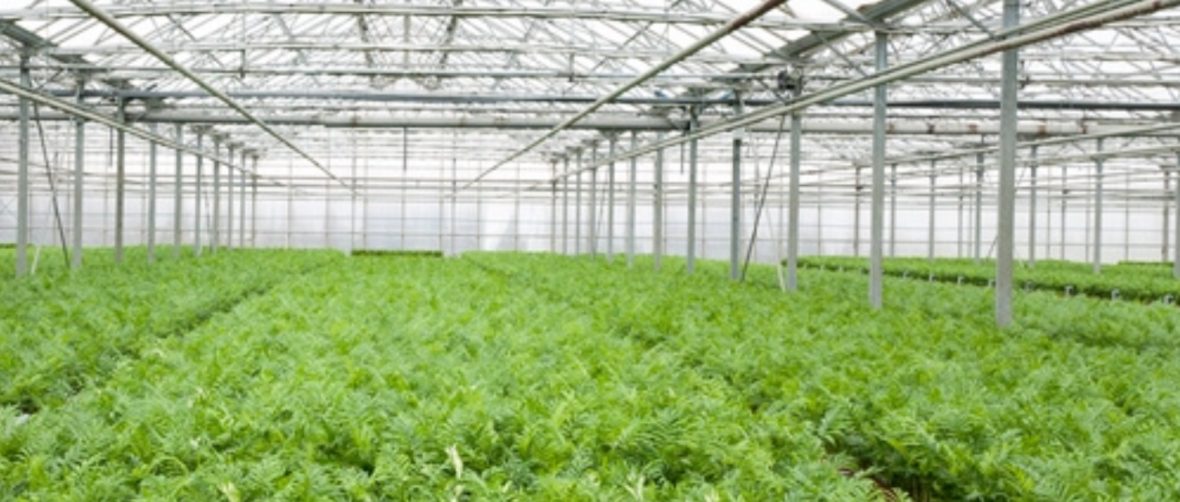The US Senate, by an overwhelming 86-11 vote, last week approved the sweeping Farm Bill containing language which fully legalizes industrial hemp. As we know, hemp, which is derived from cannabis plants, is used to make products from rope to clothing and does not contain THC, the psychoactive part of the plant. In colonial days hemp was so crucial that farmers, like George Washington, were legally required to grow it.
Most believe the House will follow suit. Hemp has not been legal on a federal level since federal criminalization of cannabis in the 1930s. Many believe that occurred in part because of fears of hemp competing with powerful timber interests and DuPont’s then new patent on nylon. After the 1930s bill was declared unconstitutional in 1968, the Nixon Administration helped orchestrate passing the Controlled Substances Act. That law, still in force, declared all parts of the cannabis plant as Schedule I drugs, as dangerous as heroin and LSD. A top Nixon aide later admitted, “Did we know we were lying about the drugs? Of course we did.” Constitutional challenges thus far have been unsuccessful.
Legalization of hemp could yield a variety of products that previously could only be produced with imported hemp. These could include food, building materials, paper products and many others. Currently, it it believed that China is the largest producer of hemp, since it is legal to do so in a number of Chinese provinces. They started farming it during the Vietnam War to make more breathable uniforms for their soldiers in the intense heat. This Senate vote is indeed a significant step towards relaxation of federal cannabis regulation.

